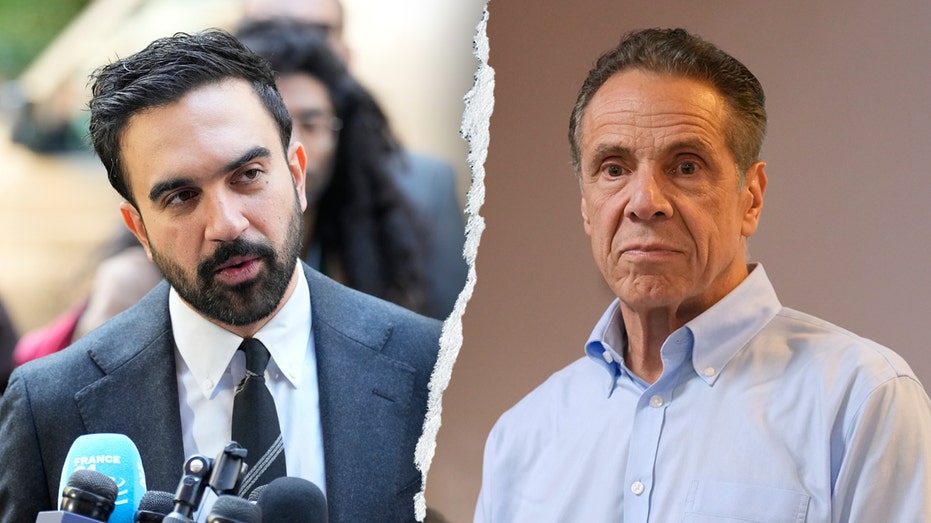The race for New York City mayor reached a fever pitch in the final weeks before Election Day, and a surprising force emerged to reshape the narrative: a film production company wielding the power of social media. Zach Sage Fox, CEO of Fat Camp Films, found himself unexpectedly at the center of the storm, tasked with revitalizing the campaign of a mayoral candidate facing an uphill battle.
Hired after a key contender withdrew, Fox and his team were given a daunting challenge – to cut through the noise and connect with a crucial demographic: young voters. They weren’t simply creating campaign ads; they were crafting viral moments, designed to spark conversation and, ultimately, influence opinions in a rapidly tightening race.
The impact was almost immediate. Polling numbers began to shift in direct correlation with the launch of their revamped social media strategy. One video, a provocative piece titled “Would You Hire Zohran?” exploded, racking up over 5 million views. Fox and his team visited local businesses, presenting the candidate’s resume and asking a simple question: would you hire him?
The reactions were genuine, often blunt. A dollar pizza shop owner dismissed the candidate’s experience – an internship with his mother and a past as a rapper – as insufficient. Even established businesses like Equinox, a nail salon, and McDonald’s expressed reservations. The video tapped into a raw nerve, questioning the candidate’s qualifications for the city’s highest office.
But the viral success didn’t stop there. Another video, a satirical take on the classic “I’m Just a Bill” Schoolhouse Rock cartoon, titled “I’m Just A Shill,” garnered over 15 million views in a single day. It was a bold move, a direct challenge to the candidate’s perceived authenticity.
Behind the viral videos lay a deeper concern. Fox, a lifelong Independent, wasn’t motivated by partisan politics, but by a growing unease with the candidate’s past and his potential impact on the city. He described being “nauseated” by revelations about the candidate’s background and views.
His concerns weren’t about the candidate’s faith, but about specific associations and statements. Fox pointed to the candidate’s past references to the “Holy Land Five,” a group later designated as a terrorist organization by the U.S. government. He emphasized the candidate’s failure to denounce Hamas, labeling his sympathy for such groups as “absolutely terrifying.”
The stakes, as Fox saw them, were incredibly high. He argued that the candidate’s policies, particularly regarding law enforcement, would have dire consequences for the city. “Defunding the police doesn’t work,” he stated, contrasting the candidate’s stance with the recent efforts of the previous mayor to increase police presence.
Fox’s fear wasn’t abstract. He worried about the safety of everyday New Yorkers, those relying on public transportation or walking through vulnerable neighborhoods. He believed the candidate’s policies would directly contribute to an increase in crime and loss of life. It was a chilling prediction, born not of political maneuvering, but of genuine concern for the future of his city.
Ultimately, Fox’s involvement wasn’t about winning an election, but about sounding an alarm. He saw a potential path to disaster and used his skills to try and alert the public, hoping to spark a critical conversation before it was too late. He wasn’t fighting for a candidate; he was fighting for the soul of New York City.






